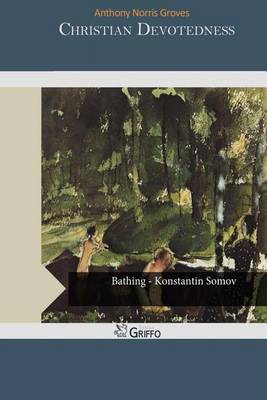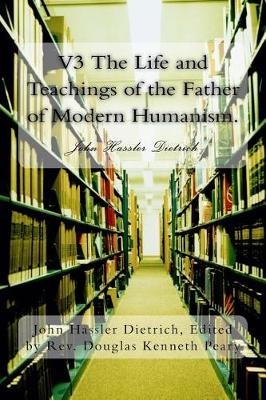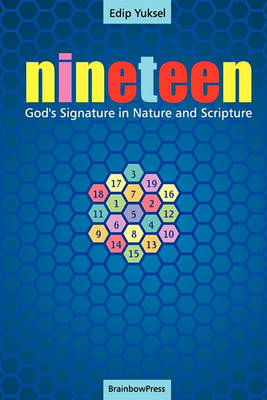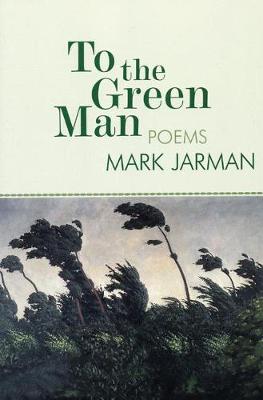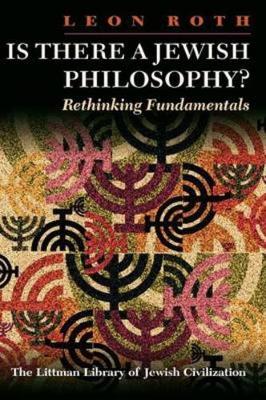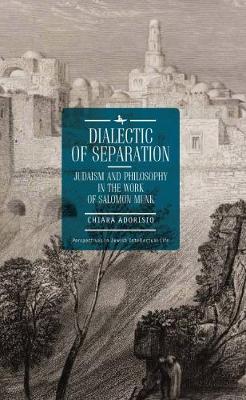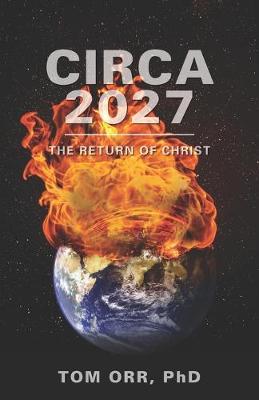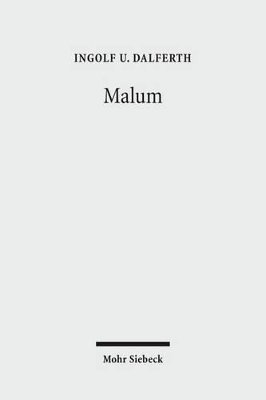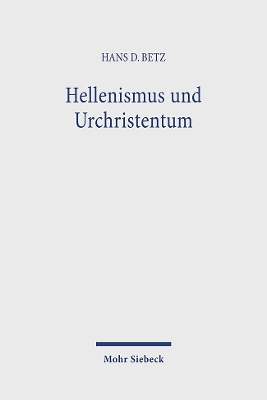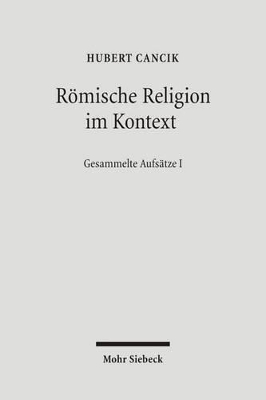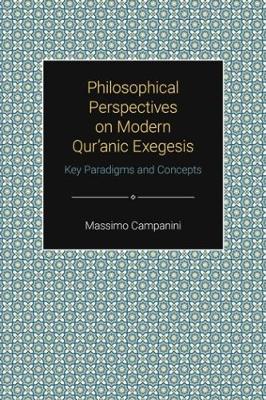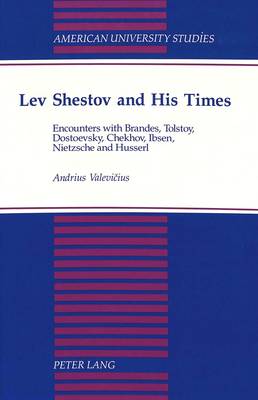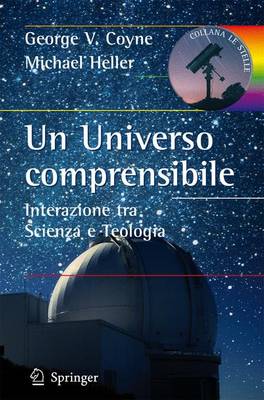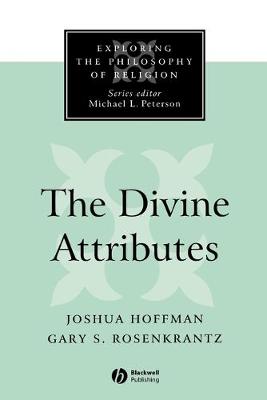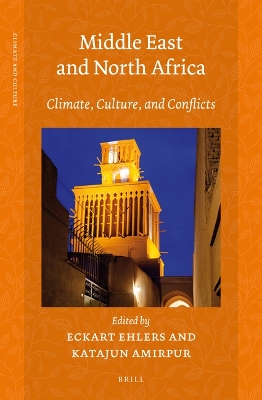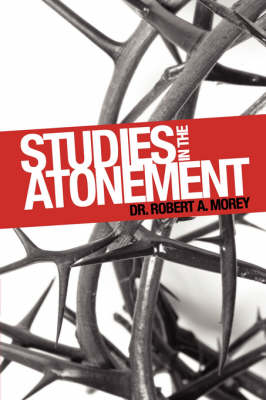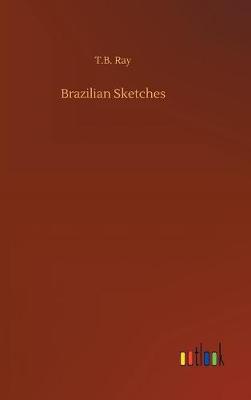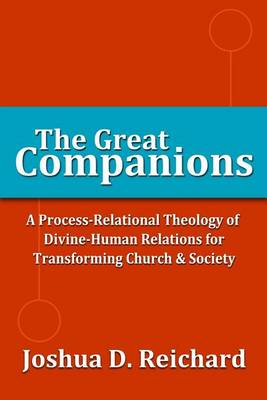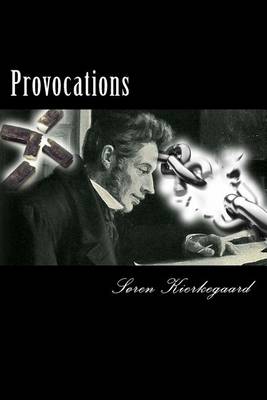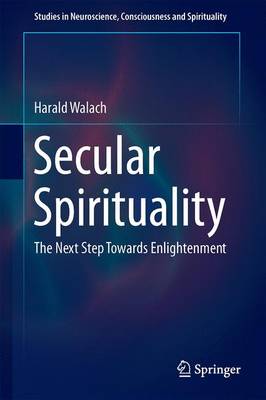V3 The Life and Teachings of the Father of Modern Humanism. (The Life and Teachings of the Father of Modern Humanism, #3)
by John Hassler Dietrich
This collection leaps into the dangerous currents where poetry and reli-gion meet, and enlivens the lexicon of traditional American Christian belief by testing its doctrines and language against contemporary experience. "Beyond the wonderful music of his lines . . . , what makes To the Green Man such an important and memor-able book is its enactment of a spiritual struggle to be at once at home in the world and astonished by it."-Alan Shapiro Mark Jarman is a professor of English at Vanderbilt...
Is There a Jewish Philosophy? (The Littman Library of Jewish Civilization)
by Leon Roth
Leon Roth (1896-1963) was the first Professor of Philosophy at the Hebrew University of Jerusalem. He saw it as his purpose to encourage his students to think, and to think about their Judaism. Typical of his approach is the question with which this selection of essays opens: in what sense, asks Roth, can we talk about Jewish philosophy, and what can we expect to find if we look for it? Defining philosophy as 'the search, through thought, for the permanent', Roth argues that in order to say whet...
Dialectic of Separation (Perspectives in Jewish Intellectual Life)
by Chiara Adorisio
Salomon Munk (1803-1867) belonged to a group of German-Jewish scholars who pioneered the systematic study of Arabic, Judeo-Arabic and Islamic philosophy in Western Europe in the nineteenth century, as part of a movement that came to be known as the Science of Judaism. The Science of Judaism applied the tools of modern science (in particular philology) to the study of Judaism, seeking to shed light on its manifold aspects and historical contexts-an undertaking which eventually led to the birth of...
Der Einbruch von Boesem und UEbeln in das Leben provoziert Menschen seit alters, sich an Goettliches, Goetter oder Gott zu wenden, um sich im Leben neu zu orientieren. Wie vielschichtig das geschieht, untersucht Ingolf U. Dalferth in drei Gedankengangen, die sich mit den zentralen Strangen im christlichen Verstandnis des malum als Mangel an Gutem, als UEbeltat und als Unglaube auseinandersetzen. Dabei kommen das Theodizeeprojekt, das Freiheitsprojekt und das Gottesprojekt ausfuhrlich zur Sprache...
In den hier gesammelten Versuchen und Vorarbeiten skizziert Hubert Cancik die Struktur der roemischen Religion und erzahlt ihre Geschichten. Er beobachtet die kultische Praxis und erklart ihre Selbstreflexion, die eigene und die Kritik der anderen, der Griechen, Juden, Christianer. Das raumliche Zentrum dieser Religion und dieser Essays ist die Stadt Rom und die stadtroemische Religionsgeschichte: Denn diese Stadt ist das ' "Haupt", der "Tempel", der "Verschnitt" der Oekumene. Die Religionsgesch...
" ... Hubners Buch ist ein epochales philosophisches Ereignis, durch das dem Glauben der Charakter des sacrificium intellectus genommen und wieder jene Legitimitat verliehen werden soll, die ihm durch die wissenschaftliche Vernunft Zug um Zug entzogen worden ist. ..."Dieter Borchmeyer in Die Zeit Nr. 46 vom 8.11.2001"Ein erstaunliches, selbstbewusstes und noetiges Buch, ein Buch, das wohl so nur noch ein Nichttheologe schreiben kann, freilich einer, der sehr umfassend in der Theologie bewandert...
Philosophical Perspectives on Modern Qur'aanic Exegesis
by Massimo Campanini
This book explores the possibility of a hermeneutics of the Qur'an. It starts from the presupposition that the Qur'an can be studied as a philosophical book. Thus the analysis is theoretical more than historical. Many philosophers commented the Qur'an and many supported their theories by resorting to the Qur'an. Thinkers like Fakhr al-Din al-Razi connected traditional theology and philosophy in their Qur'anic commentary. Others like Nasr Abu Zayd used philosophy to deconstruct the Qur'an paving...
Lev Shestov and His Times (American University Studies, Series 7: Theology & Religion, #155)
by Andrius Valevicius
The Divine Attributesis an engaging analysis of the God of Judaism, Christianity, and Islam from the perspective of rational theology.
The Phenomenology of Religious Life (Studies in Continental Thought)
by Martin Heidegger
"The Phenomenology of Religious Life" presents the text of Heidegger's important 1920-1921 lectures on religion. First published in 1995 as volume 60 of the Gesamtausgabe, the work reveals a young Heidegger searching for the striking language that eventually formed the mature expression of his thought. The volume consists of the famous lecture course "Introduction to the Phenomenology of Religion," a course on "Augustine and Neoplatonism," and notes for a course on "The Philosophical Foundations...
Love in the Void (Plough Spiritual Guides: Backpack Classics)
by Simone Weil
Simone Weil, the great mystic and philosopher for our age, shows where anyone can find God. Why is it that Simone Weil, with her short, troubled life and confounding insights into faith and doubt, continues to speak to today's spiritual seekers? Was it her social radicalism, which led her to renounce privilege? Her ambivalence toward institutional religion? Her combination of philosophical rigor with the ardor of a mystic? Albert Camus called Simone Weil "the only great spirit of our time." A...
Middle East and North Africa (Climate and Culture, #6)
The volume Middle East and North Africa: Climate, Culture and Conflicts focuses on the intricate interrelationships between nature, culture and society in this ecologically, historically and politically fragile region. As such, it debates ideas of eco-theology from Muslim and Jewish perspectives, followed by mythological interpretations and geo-archeological resp. historical analyses of the interrelationships and impacts of climate and other environmental factors on the development of ancient ci...
Theo-Monistic Mysticism (Library of Philosophy and Religion)
by Michael Stoeber
In response to some of the current explanations of mystic phenomena, this book proposes an interpretive framework for understanding mysticism. It clarifies various kinds of mystical experiences, suggesting they are not wholly determined by subjective categories of interpretation, and illustrates how they can be synthesized in a theistic, mystic teleology. In reference to Ramanuja, Aurobinodo, Sankara, Eckhart, Ruusbroec and Boehme, monistic experiences are understood to culminate in higher theis...
Secular Spirituality (Studies in Neuroscience, Consciousness and Spirituality, #4)
by Harald Walach
This book discusses spirituality as an emerging scientific topic from a historical perspective, with extensive discussion of the mind-body problem and of scientific concepts of consciousness. While the book focuses on the Western tradition of 'Enlightenment', it also implicitly addresses the double meaning of the term, with the Eastern tradition describing it as 'a state of true knowledge, which is an important goal on an individual's spiritual path' and the Western tradition seeing it as 'the c...
